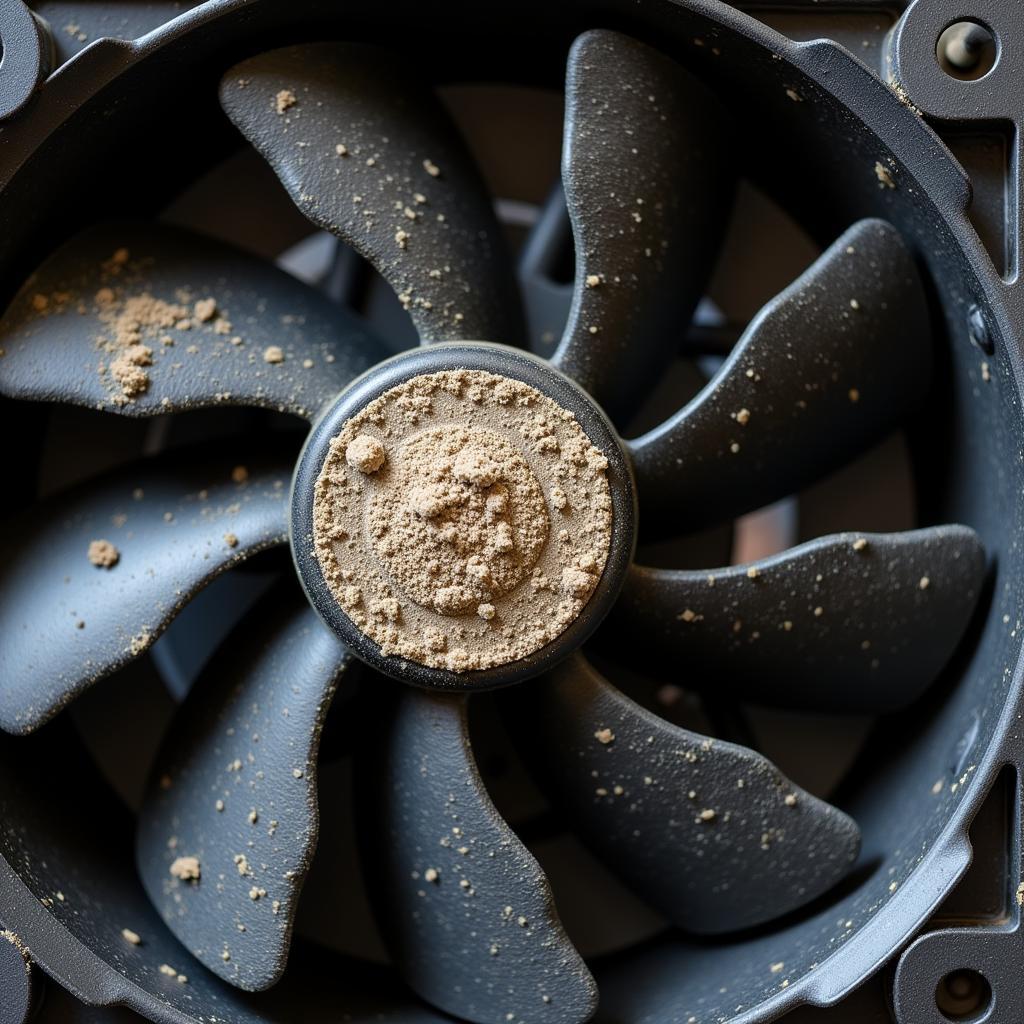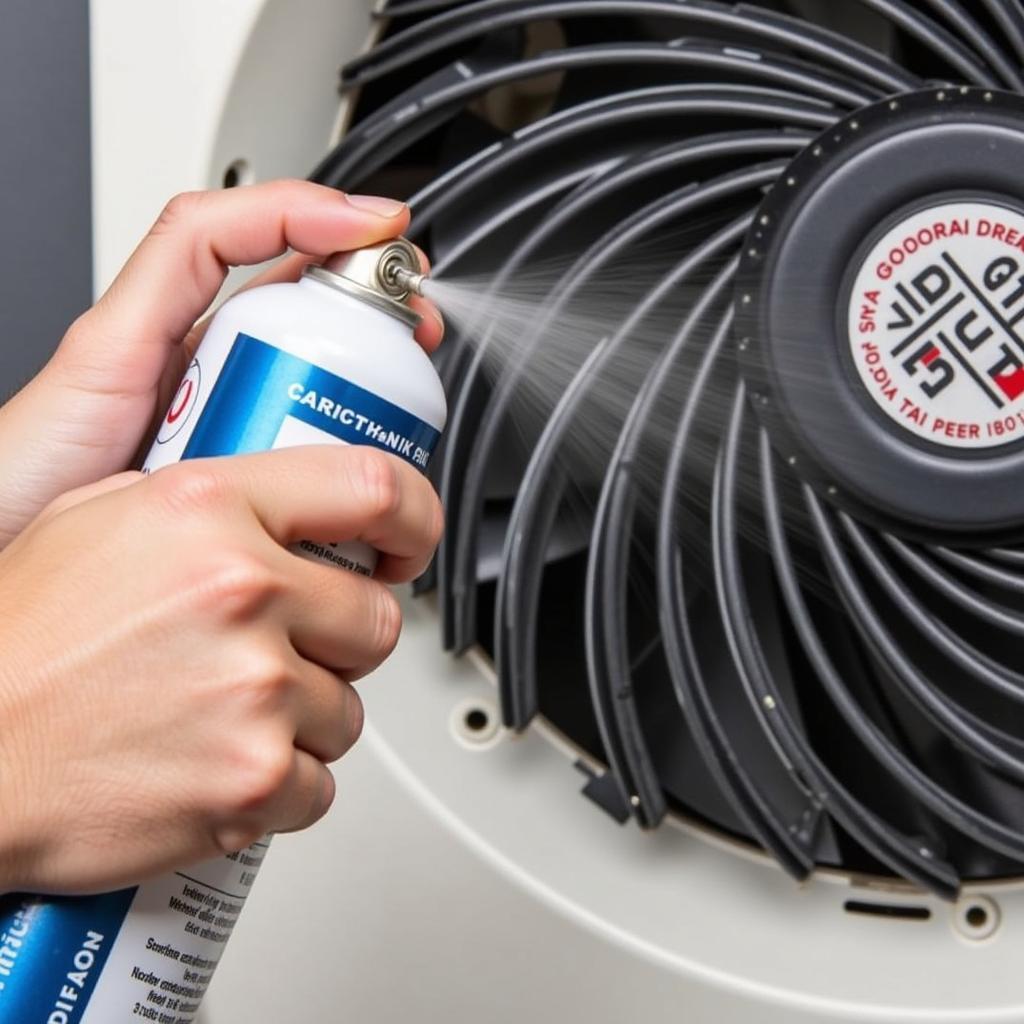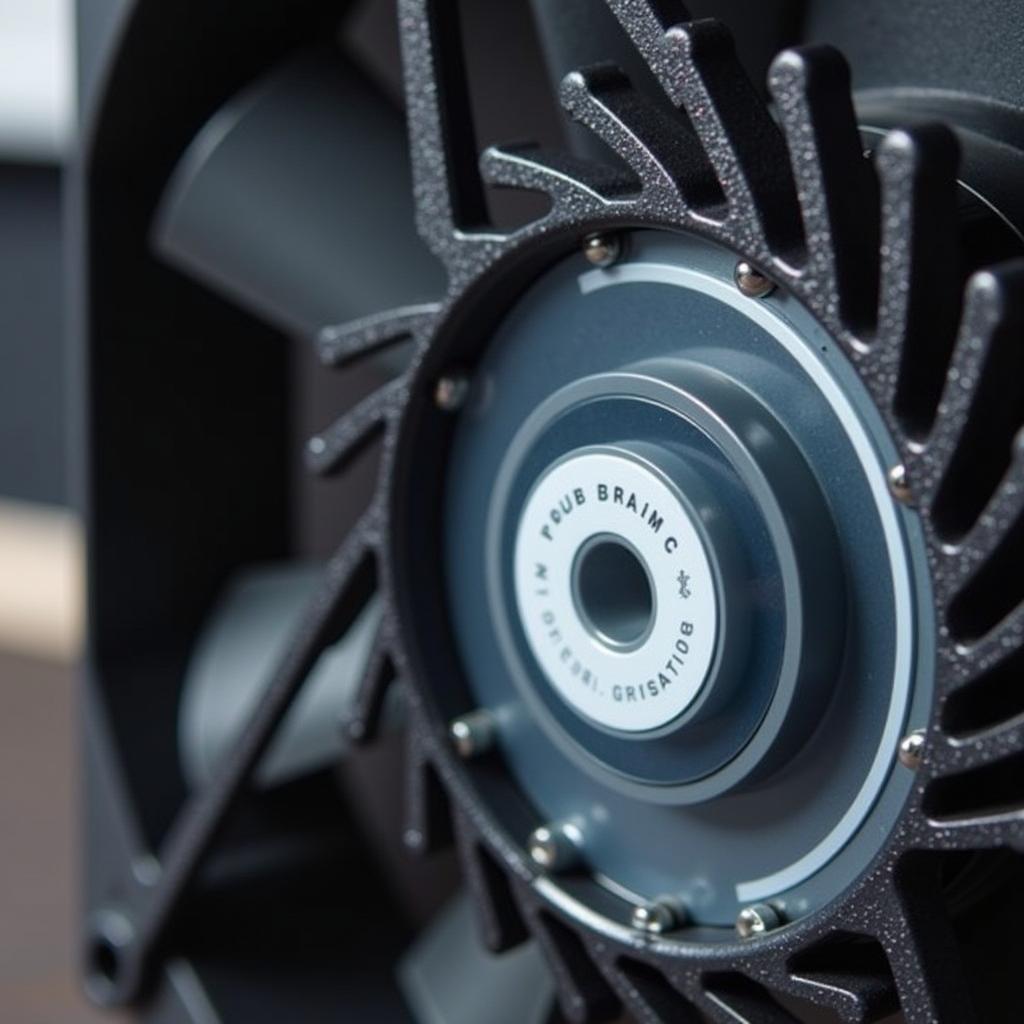Cooling fans are essential for keeping our electronic devices from overheating, but their constant whirring can be a major distraction. Whether you’re dealing with a noisy laptop fan, a buzzing PC case fan, or a loud ceiling fan, excessive fan noise can disrupt your workflow, affect your sleep, and even drive you up the wall. The good news is that there are several effective ways to reduce cooling fan noise and restore peace and quiet to your environment.
Understanding the Causes of Cooling Fan Noise
Before we dive into the solutions, it’s important to understand why cooling fans make noise in the first place. Here are some of the most common culprits:
- Dust accumulation: Over time, dust and debris can build up on fan blades and inside the fan housing, hindering airflow and forcing the fan to work harder.
- Worn-out bearings: Just like any mechanical component, fan bearings can wear out over time, leading to increased friction, vibration, and noise.
- High CPU or GPU usage: Demanding tasks like gaming or video editing can push your computer’s processor and graphics card to their limits, generating more heat and causing the fans to spin faster and louder.
- Incorrect fan installation: Improperly installed fans can vibrate against other components or the case itself, creating unwanted noise.
- Fan speed settings: Some fans are designed to run at high speeds, which can be effective for cooling but also quite loud.
 Dust Accumulation on Cooling Fan
Dust Accumulation on Cooling Fan
Effective Ways to Reduce Cooling Fan Noise
Now that you have a better understanding of the potential causes, let’s explore some practical solutions to silence your noisy cooling fans:
1. Clean Your Fans Regularly
One of the simplest yet most effective ways to reduce fan noise is to clean them regularly. Dust accumulation is a major contributor to fan noise, so removing it can significantly reduce the workload on your fans and make them run quieter.
Here’s how to clean your fans:
- Power down your device and unplug it from the power source.
- Open up your computer case or access the fan area of your device.
- Use a can of compressed air to blow away dust from the fan blades, fan housing, and surrounding components.
- For stubborn dust, you can use a soft-bristled brush or a cotton swab dipped in isopropyl alcohol.
- Ensure all components are completely dry before powering your device back on.
 Cleaning a Cooling Fan with Compressed Air
Cleaning a Cooling Fan with Compressed Air
2. Optimize Fan Speed Settings
Adjusting your fan speed settings can strike a balance between cooling performance and noise levels. Most modern motherboards come with software that allows you to control fan speeds based on temperature sensors.
- Set fan curves: Configure your fan speed settings to ramp up gradually as temperatures increase, ensuring that fans only spin as fast as necessary.
- Enable quiet profiles: Some BIOS and fan control software offer pre-set quiet profiles that optimize fan speeds for reduced noise.
3. Invest in Quieter Fans
If your fans are old or of low quality, consider upgrading to quieter models. Look for fans with features like:
- Fluid dynamic bearings (FDB): These bearings offer quieter and smoother operation compared to traditional sleeve bearings.
- Larger fan blades: Fans with larger blades can move more air at lower speeds, resulting in quieter operation.
- Anti-vibration mounts: Some fans come with rubber pads or other vibration-dampening materials to minimize noise transmission.
 Quiet Cooling Fan with Fluid Dynamic Bearing
Quiet Cooling Fan with Fluid Dynamic Bearing
4. Improve Case Airflow
Poor airflow inside your computer case can trap heat and force fans to work harder. Ensure optimal airflow by:
- Adding more fans: Consider adding more intake and exhaust fans to create a balanced airflow path within your case.
- Removing unnecessary clutter: Cable management and removing any unnecessary objects from your case can improve airflow.
- Using a larger case: A larger case provides more space for air to circulate, reducing heat buildup.
5. Address Software Issues
Sometimes, software issues can cause fans to run at unnecessarily high speeds. Consider these steps:
- Check for background processes: Identify and close any unnecessary background applications that might be consuming system resources.
- Update drivers: Outdated drivers can sometimes cause fan issues. Ensure your system drivers, especially for your motherboard and graphics card, are up to date.
- Reinstall operating system: As a last resort, reinstalling your operating system can potentially resolve any underlying software conflicts that might be contributing to fan noise.
“Regular cleaning and proper fan management are crucial for minimizing noise and extending the lifespan of your cooling system,” says John Smith, a computer hardware specialist at Tech Solutions Inc. “Investing in high-quality fans with noise-reducing features can make a significant difference in creating a quieter computing environment.”
Conclusion
Excessive cooling fan noise can be a frustrating problem, but with the right approach, you can significantly reduce the racket and enjoy a quieter, more peaceful environment. By understanding the causes of fan noise and implementing the solutions outlined in this guide, you can keep your devices cool and quiet without compromising performance.
Remember to clean your fans regularly, optimize fan speed settings, invest in quieter fans when necessary, and ensure adequate airflow inside your computer case. By taking these steps, you can create a more serene and enjoyable computing experience for yourself.
If you’re still struggling with excessive fan noise after trying these tips, it might be worth consulting a professional technician to diagnose and address any underlying hardware issues.


